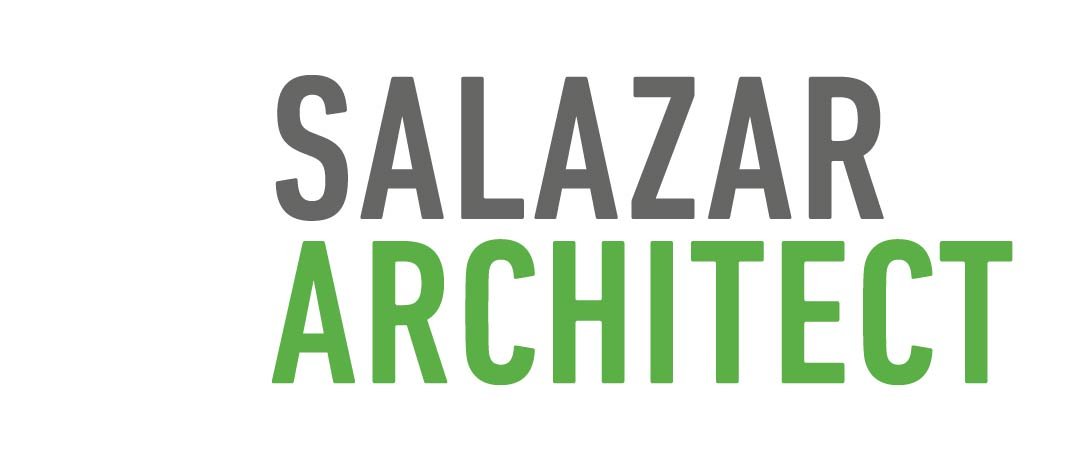Salazar Architect Joins Architecture, Engineering and Construction Leaders Call on Biden Administration to Take Action on Green Building
Our Sustainable Design Lab here at Salazar is proud to announce that our firm has joined more than 250 architecture, engineering & construction firms by signing onto the Build Back Better letter, encouraging the Biden Administration to take swift action to require higher sustainability standards for buildings and infrastructure in the US. Alongside the other organizations who have already signed on, we would like the Biden Administration to expand the Federal Government’s role in accelerating the pace of change. The letter recommends actions in the six categories outlined below. While we're pleased to see focus around healthy housing, resilient communities, net-carbon, and material health - we're also reminded of the work that needs to be done to make meaningful changes, and energized to continue developing our sustainable design expertise.
Enhance federal building standards—Includes a return to Obama-era requirements for high performance along with new initiatives aimed at decarbonizing the federal building stock, like a base building code for all federal buildings, which are not subject to local codes.
Stimulate building reuse and upgrades—Calls for tax code reforms and other means of promoting reuse and retrofits.
Promote healthy housing and resilient communities—Suggests national guidelines for healthy housing, along with better resilience tools like higher-quality flood maps.
Electrify to achieve a carbon-free grid—Highlights opportunities like model net-carbon building codes and model electricity rates that incentivize grid harmonization.
Promote material health and product transparency—Addresses toxic cleaning products and building materials, along with embodied carbon.
Promote healthy schools for all—Includes the idea of an Office of Healthy, High Performance and Resilient Facilities within the Department of Education.
#salazarch #buildbackgreener #salazarsustainabledesignlab

